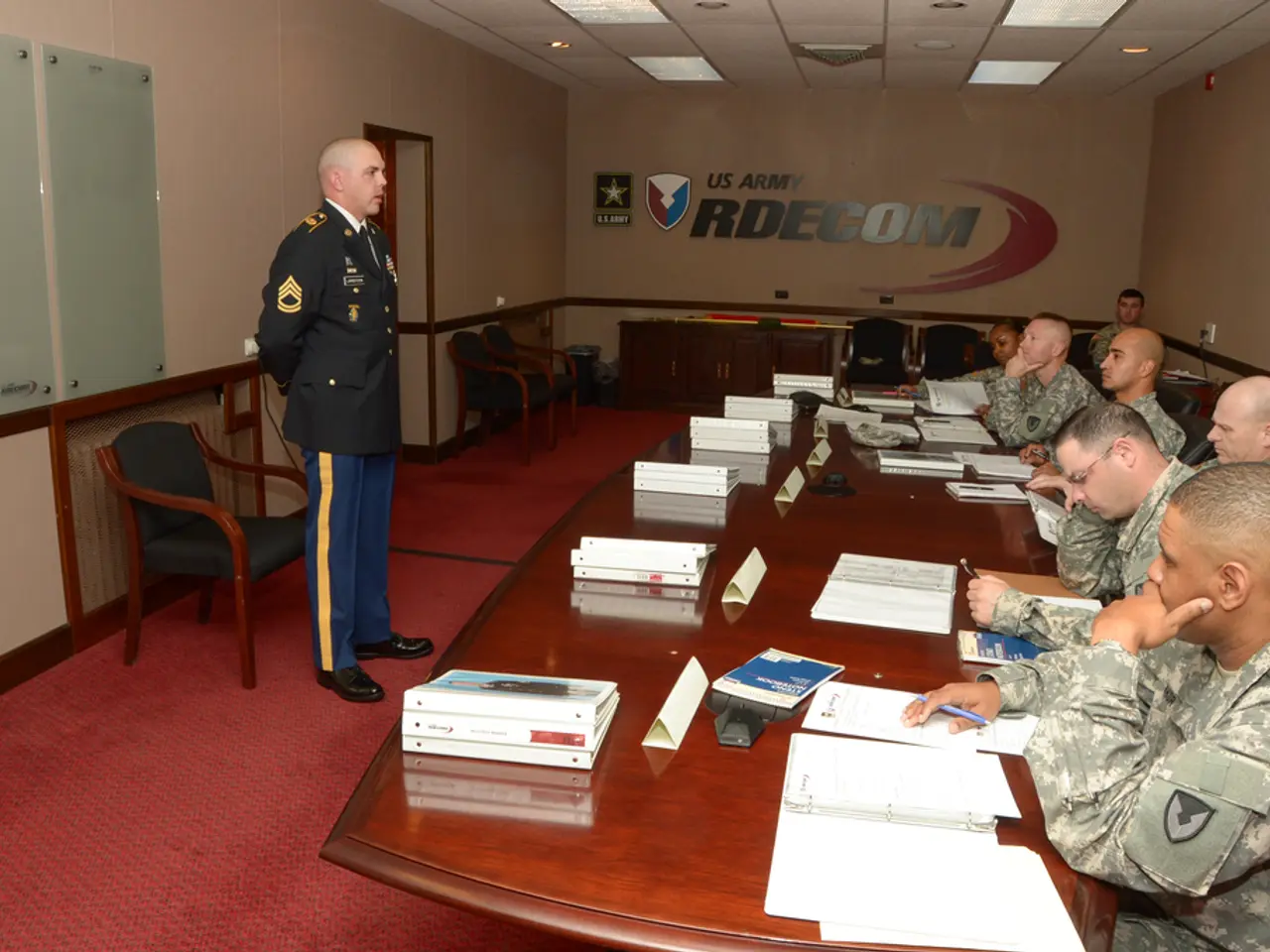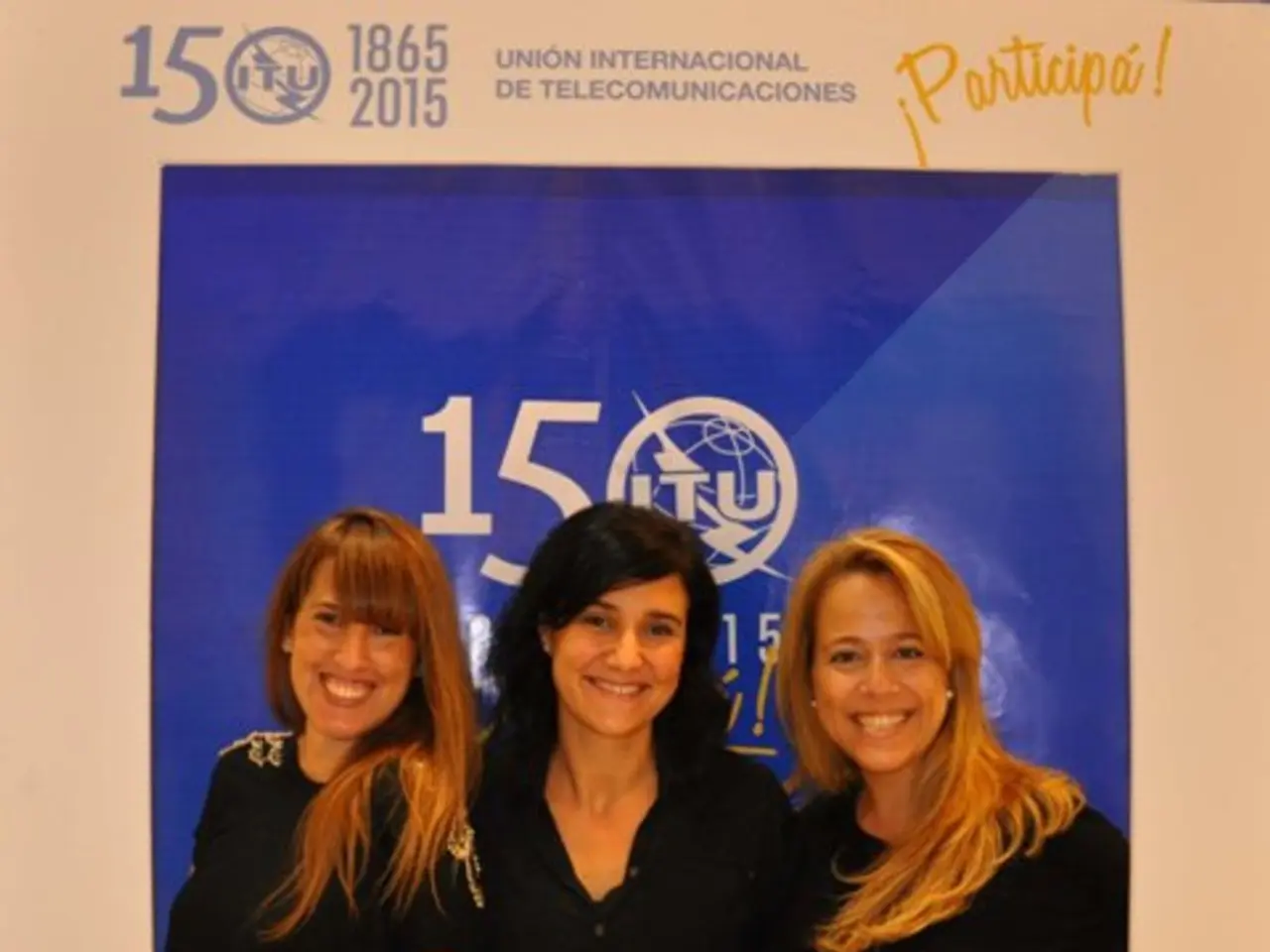Cuban President celebrates 98th anniversary of China's People's Liberation Army
In a significant gesture of solidarity, Miguel Díaz-Canel Bermúdez, the First Secretary of the Central Committee of the Communist Party of Cuba and President of the Republic, congratulated the People's Liberation Army (PLA) of China on its 98th anniversary.
The leader's message was posted on his social media account, X, highlighting the excellent ties existing between the PLA and the Ministry of the Revolutionary Armed Forces in Cuba. Díaz-Canel recognized the significant contribution of the PLA "in the process of building socialism in that sister nation."
The ceremony to celebrate the PLA's 98th anniversary was held by the Chinese embassy in Cuba on July 23. The event was attended by the highest authorities of the Revolutionary Armed Forces and the Ministry of the Interior of Cuba. The Chinese ambassador to Cuba, Hua Xin, emphasized the importance of relations between China and Cuba during the ceremony.
Hua Xin also reaffirmed support for Cuba's struggle against the economic, commercial, and financial blockade imposed by the United States.
The People's Liberation Army of China was formed on August 1, 1927, during the Nanchang Uprising, marking a significant milestone in the defense and modernization of China. Since its inception, the PLA has played a significant role in the defense and modernization of China.
The relationship between Díaz-Canel and the PLA primarily reflects the broader strategic and diplomatic ties between Cuba and China. Since Díaz-Canel became president, the Cuba-China relationship has deepened significantly across political, economic, and strategic dimensions.
This partnership enhances Cuba’s geopolitical stance in the Caribbean, providing China with a foothold near the U.S. sphere of influence. This cooperation extends to more comprehensive exchanges and coordination within international multilateral forums like BRICS, where Díaz-Canel seeks to deepen South-South cooperation and integrate Cuba further into global partnerships supported by China and others.
The significance of Díaz-Canel’s relationship with China lies in positioning Cuba as a strategic partner within China’s global outreach, particularly given the geopolitical tensions with the United States and Cuba’s need for economic diversification and investment. While the PLA’s direct role is not prominent in publicly available information, the broader state-to-state strategic cooperation under Diaz-Canel’s leadership includes a security and diplomatic dimension consistent with expanding China-Cuba ties.
In summary, Díaz-Canel’s relationship with the PLA, as part of Cuba-China relations, has evolved into an important strategic partnership marked by high-level political dialogue, economic cooperation (notably in energy), and multilateral coordination, maintaining significance amid shifting global alliances and ongoing economic challenges in Cuba. Current status indicates ongoing mutual commitment to deepen this partnership under Díaz-Canel’s administration.
Politics in Cuba and China have grown closer due to the significant strategic and diplomatic ties between President Díaz-Canel and the People's Liberation Army (PLA). General-news stories have reported on the expanding political, economic, and strategic dimensions of the Cuba-China relationship.






